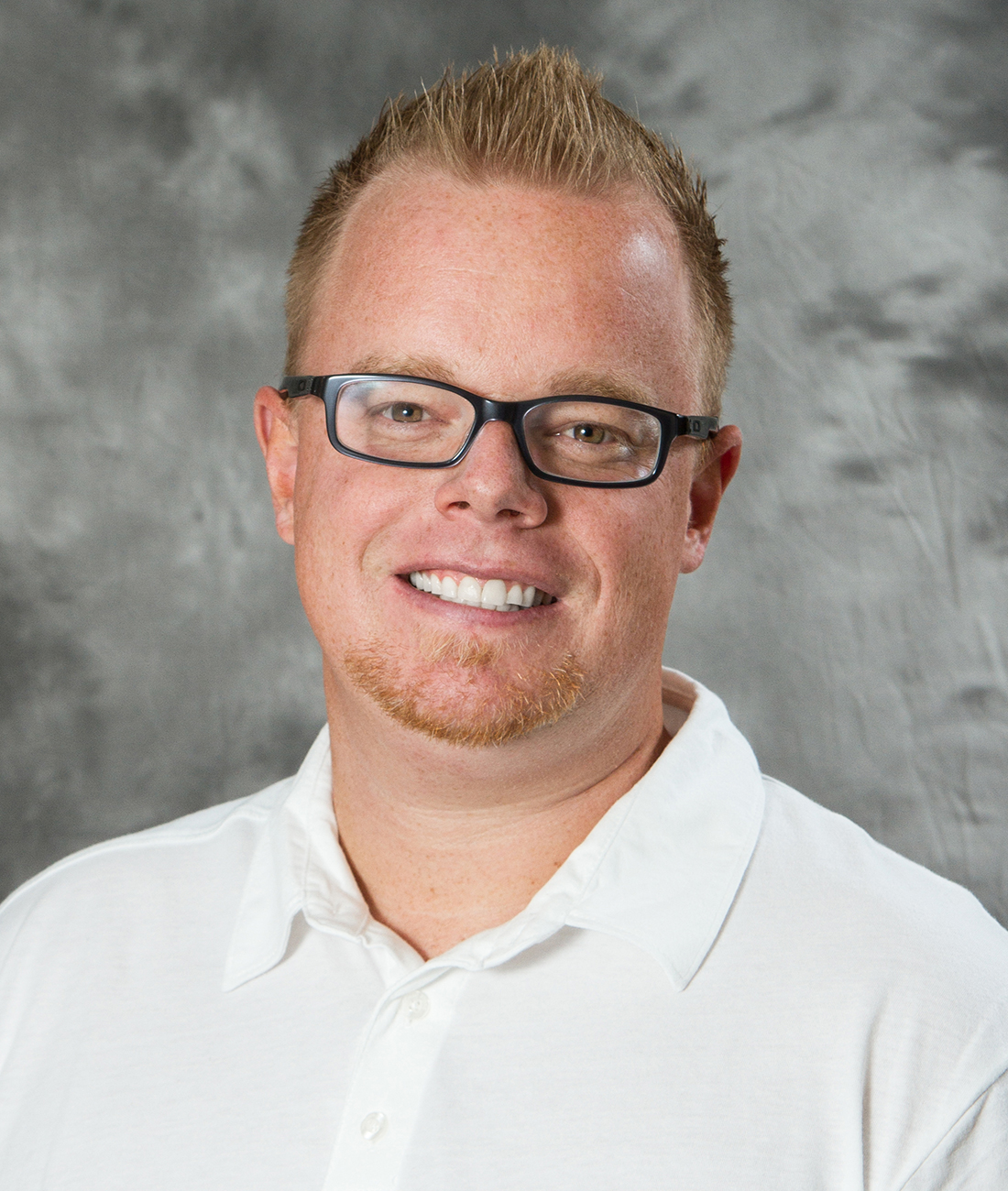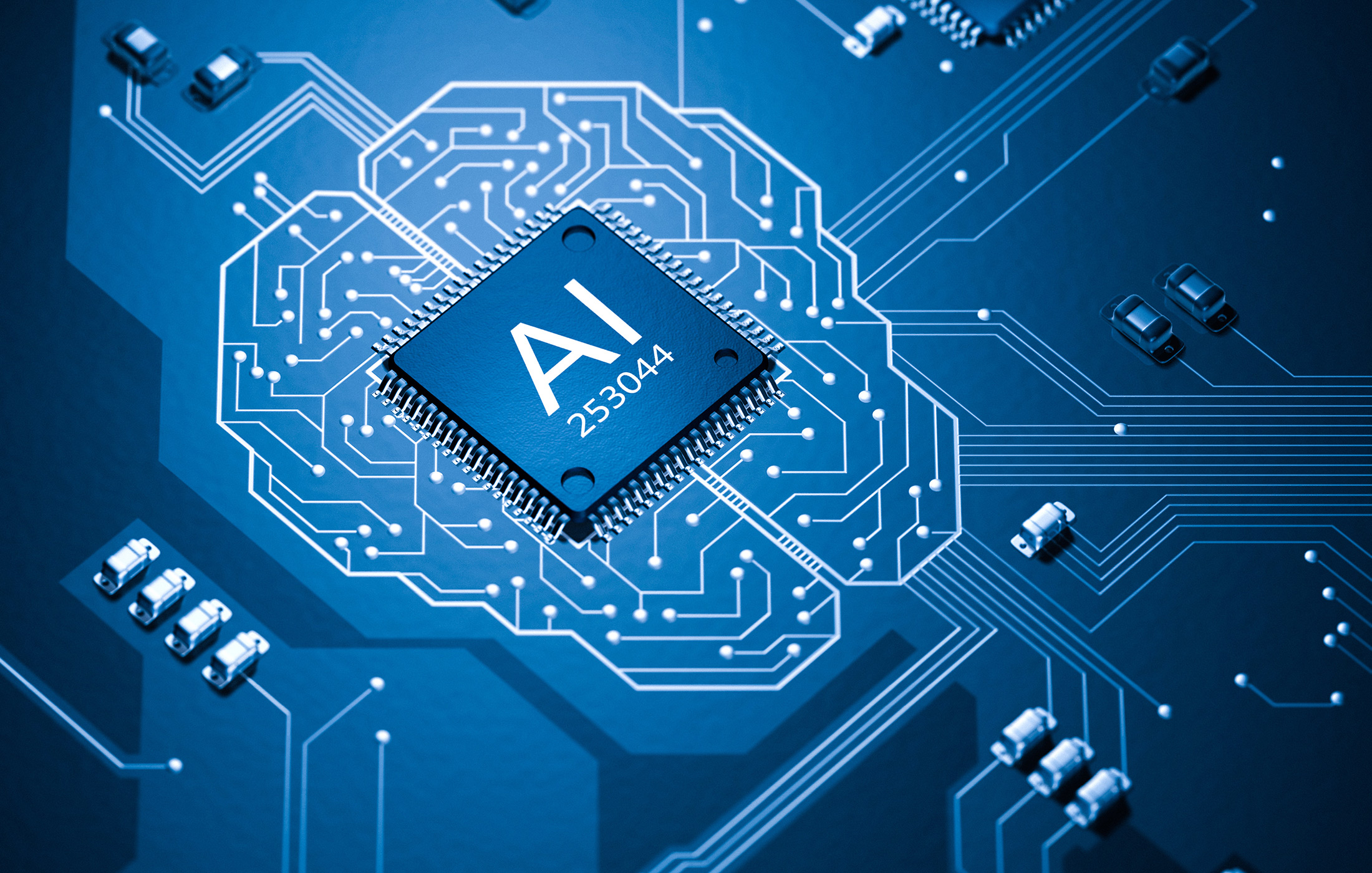Any views or opinions presented in this article are solely those of the author and do not necessarily represent those of the company. AHP accepts no liability for the content of this article, or for the consequences of any actions taken on the basis of the information provided unless that information is subsequently confirmed in writing.
Before we can jump into the conversation about Artificial Intelligence (AI) and its effect on healthcare and the actuarial world, we need to define what artificial intelligence is. The field of Artificial Intelligence was founded by a Stanford professor named John McCarthy. John McCarthy was a pioneering computer scientist that invented and perfected many different computer technologies that we all use today. According to John McCarthy Artificial Intelligence is defined as:
“The science and engineering of making intelligent machines, especially intelligent computer programs. It is related to the similar task of using computers to understand human intelligence, but AI does not have to confine itself to methods that are biologically observable1.”
The definition is further expanded by defining what the word intelligence means. Intelligence, according to Professor John McCarthy, is the computational part of the ability to achieve goals in the world. Varying kinds and degrees of intelligence occur in people, many animals and some machines.
The goal of AI today is to use advanced computing technology to help make decisions that used to be left for only humans. It should be noted that AI is not replacing human reasoning but rather is trying to simulate it in order to make data processing more efficient. In the Actuarial world, we often call this Actuarial Judgement. Actuaries are paid as experts in healthcare (and other fields) to analyze data and make informed Actuarial Opinions. AI could help identify items used in creating actuarial judgement, but AI would not be used to make Actuarial Opinions. The question becomes: Is the push towards AI going to eliminate the need for an Actuary, or do Actuaries need to embrace AI as part of their future?
I believe that the best way forward with AI is not to look at it as a threat to actuarial jobs, but to look at it as our newest coworker and assistant. As computers get smarter and smarter, they are able to look at more and more data and relate it to each observation. AI has the ability to connect data points from big data sets that may not have been connected in the past and or were too computationally complex to even consider in the past. When considering AI as a coworker or an assistant, actuaries can leverage and incorporate the output or results of AI into what we do and push actuarial science to new and exciting places.
The relationship with AI could improve healthcare efficiency by freeing time up for healthcare professionals to focus on the more complex things while allowing AI to take care of many of the more menial tasks (e.g.,. implementing AI to help with routine paperwork). AI could easily complete paper work based on how forms had previously been completed in the past. AI could be implemented to complete routine scheduling at a healthcare facility. AI could create and or manage a scheduling process that would provide better access and modify schedules based on past provider performance and incorporate real-time updating of appointment times. The idea of providers beginning to embrace the idea of AI was confirmed when according to PWC, 39% of provider executives say they are investing in AI capabilities.2
AI could bring a new level of relational data to improve predictive analytics.
There are many ways that AI could help the Health Actuary. AI could help the Health Actuary by completing automated data analysis that could spur more in-depth analysis by Actuaries as needed. Or in other words AI could doing a lot of high-level hunting of the data and help inform actuaries where abnormalities exist. AI could bring a new level of relational data to improve predictive analytics. The vast data often used by AI could help expand the analysis beyond claims and eligibility data and include many other types of data (i.e., clinical data, meta data, customer behavior patterns, etc.) when completing predictive analytics. One of our specialties at Axene Health Partners is measuring health care efficiency. I believe leveraging AI could help actuaries look at healthcare efficiency in many more dimensions including everything from claims, medical records, and prescribing patterns to patient satisfaction surveys, adherence rates, and even social determinants of health.
In order for AI to succeed in both the Healthcare and Actuarial space I believe that there are three things that need to occur:
- Silos will need to be removed – Key healthcare data is often in a silo and not easily or broadly shared. For AI to effectively work we need to open up the accessibility of data within a company and start to be able to connect the previously unconnected data elements. Use of data lakes could be a useful part of this of this process ( https://axenehp.com/value-data-lakes-healthcare/)
- The Black Box will need to be opened – AI currently is a black box to most people. For AI to be trusted the black box needs to be opened up to enable the actuaries and others to see and understand how the answers are being developed. Black boxes do not lead to trust and trust is needed in order to have a good working relationship. When we view AI as a coworker or an assistant, trust is paramount.
- Actuaries and Other Professionals need to stop being scared about their job security – Job security should not be a reason to push back against AI. AI is coming and its use growing and the more actuaries who embrace it, the more useful it could be. AI takes logic to create and there are no better people in the healthcare space than actuaries to help make AI all it can be. AI will not eliminate jobs, but rather it will create more of a need for a skilled workforce and thus more users of AI.
According to Forbes, business (not just healthcare related) spending on AI will jump 54% in 2018, and this increased investment could boost revenues in the market by 38%3. This same article states that according to PWC the global GDP could increase by $15.7 Trillion by 2030 because of AI alone. That would be a 10% increase in the GDP from AI alone.
Healthcare and the Actuarial science are often not considered early adopters when it comes to technology. I hope that is not the case when it comes to AI. AI can and will change the world as we know it, and if managed correctly can and will change both healthcare and actuarial science. If managed correctly the word AI should not just stand for Artificial Intelligence, but also Actuarial Intelligence.
1 http://jmc.stanford.edu/artificial-intelligence/what-is-ai/index.html
2 https://www.pwc.com/us/en/industries/health-industries/top-health-industry-issues/artificial-intelligence.html
3 https://www.forbes.com/sites/forbestechcouncil/2018/10/12/ai-in-business-separating-the-myths-from-the-facts/#6a67c7ca3f26
About the Author

Joshua W. Axene, FSA, FCA, MAAA, is a consulting Actuary at Axene Health Partners, LLC and is based in AHP’s Temecula, CA office.
